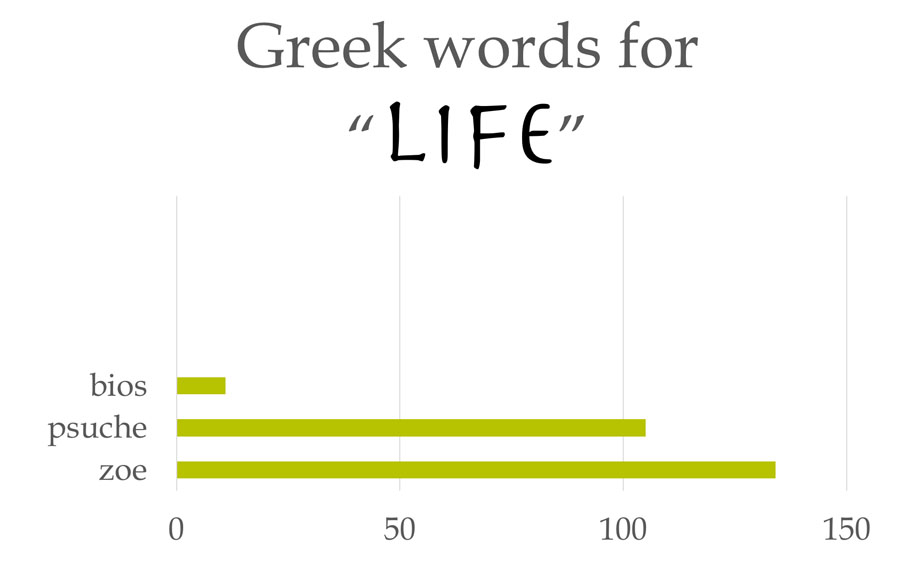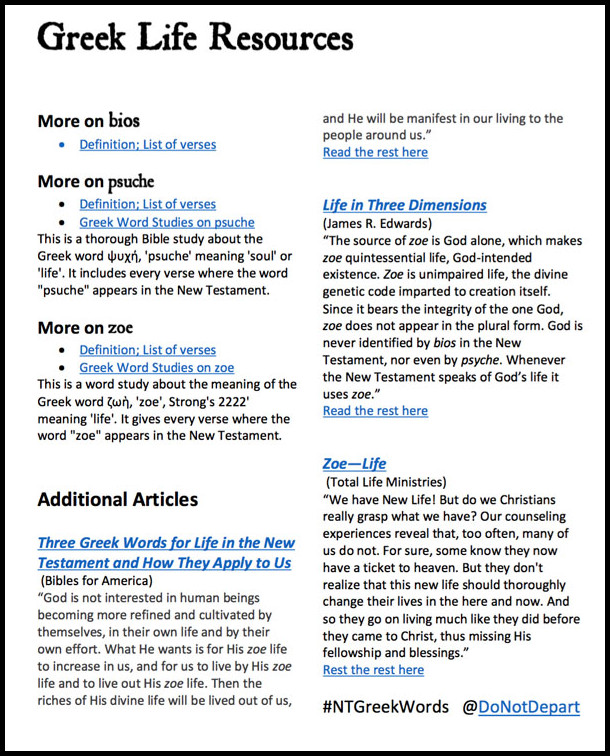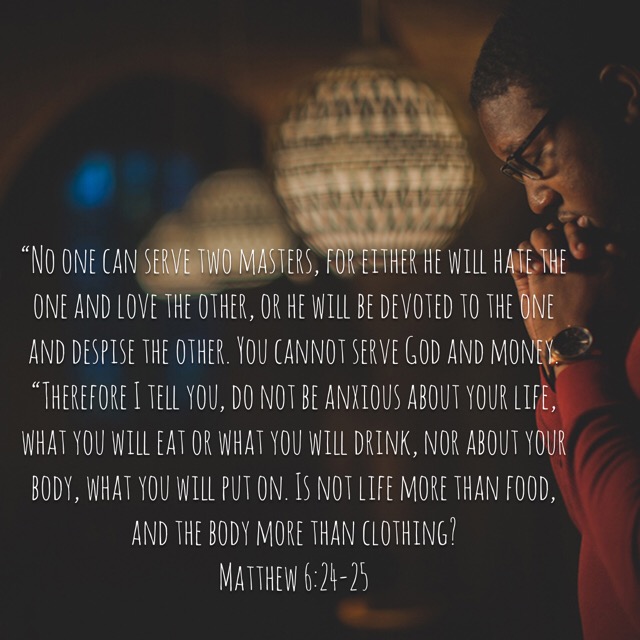More important verses from Matthew 6! Memorize these with us this week.
28 And why are you anxious about clothing? Consider the lilies of the field, how they grow: they neither toil nor spin,
29 yet I tell you, even Solomon in all his glory was not arrayed like one of these.
Matthew 6 (ESV)
Most of us probably aren’t too anxious about having clothes to wear to cover our bodies. Our clothing problems are typically about quantity and style and cost.
But back in Jesus’s day, the average citizen didn’t have a closet full of clothes to choose from each morning. Many of them had legitimate concerns about what they would put on.
How much less should we be concerned about clothing!
As we notice the flowering trees and bushes and plants this week, think twice about what you’re worrying about. Maybe you’re not anxious about clothes; perhaps it’s finances or decisions or health issues.
Whatever is causing you to have a divided mind, hand it over to the Lord as often as you see His colorful provisions in nature.
Let the colorful blooms remind you to trust His grace as sufficient.
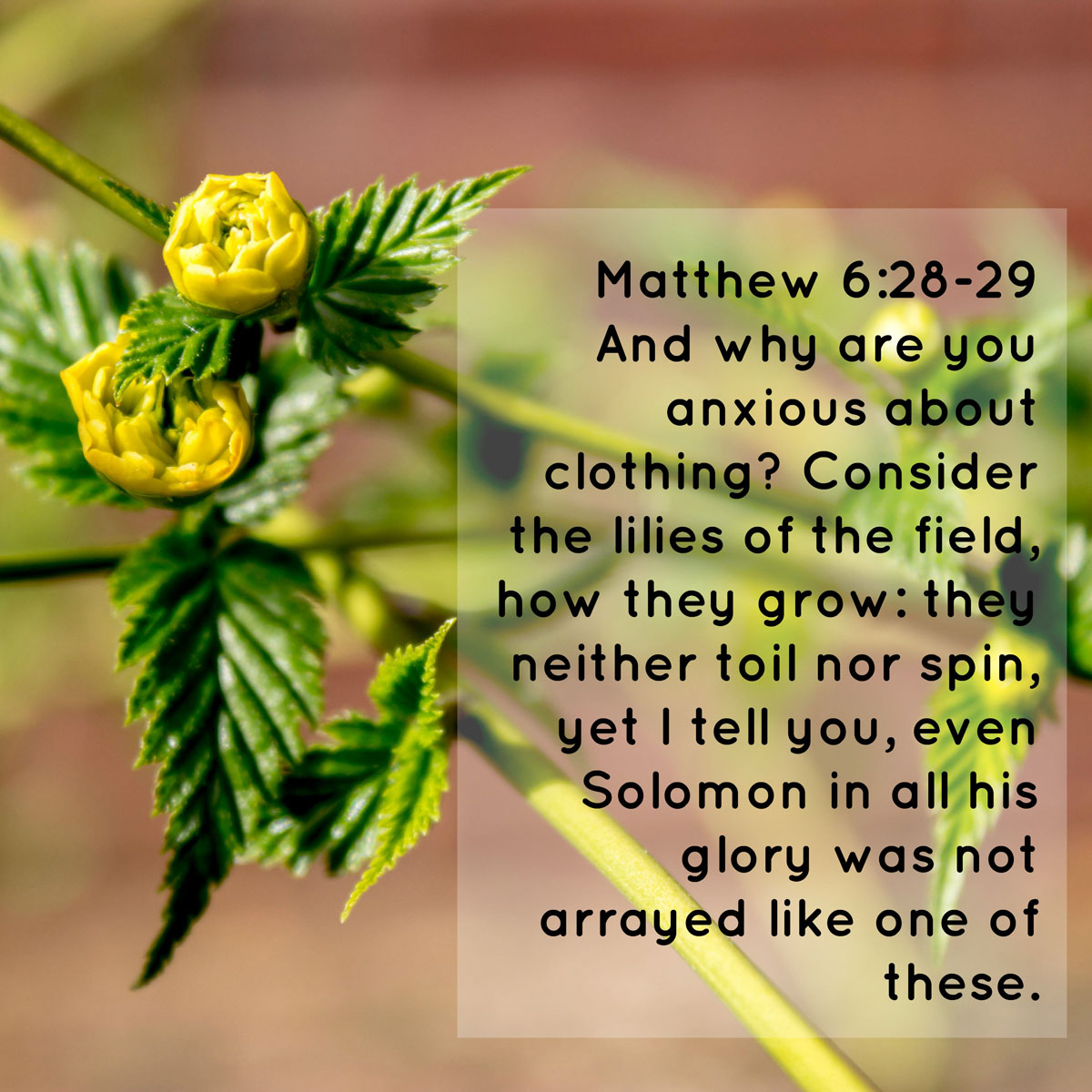


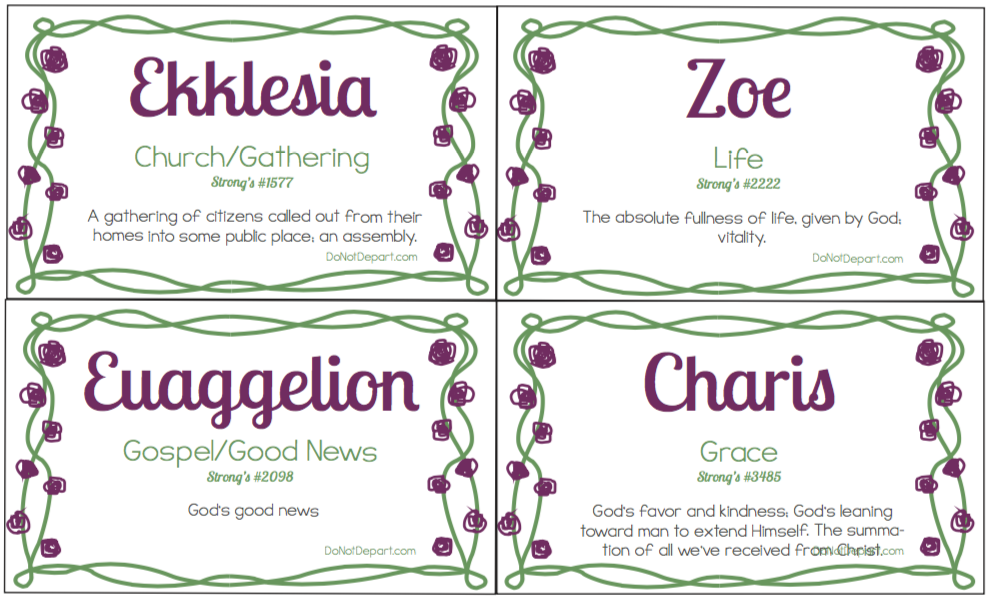

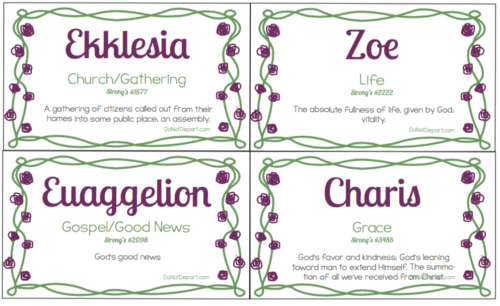




 Why does life have to be so hard? If you’ve ever asked this question, you’re not alone. Difficult times often leave Christians searching the Bible for answers to some of life’s most difficult questions.
Why does life have to be so hard? If you’ve ever asked this question, you’re not alone. Difficult times often leave Christians searching the Bible for answers to some of life’s most difficult questions. Lindsey Bell is the author of the Bible study and devotional,
Lindsey Bell is the author of the Bible study and devotional, 





